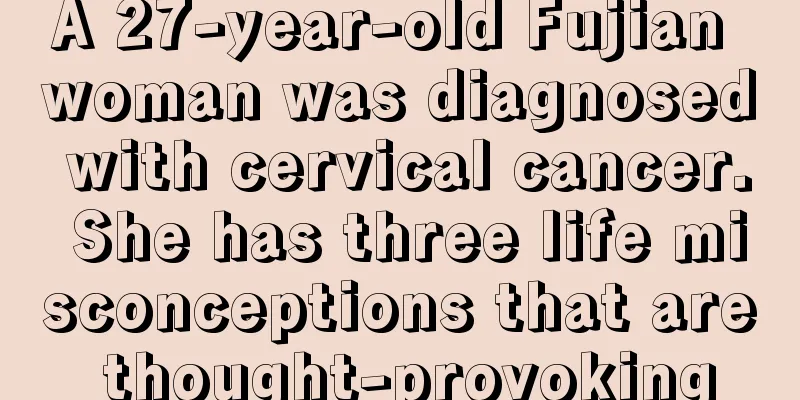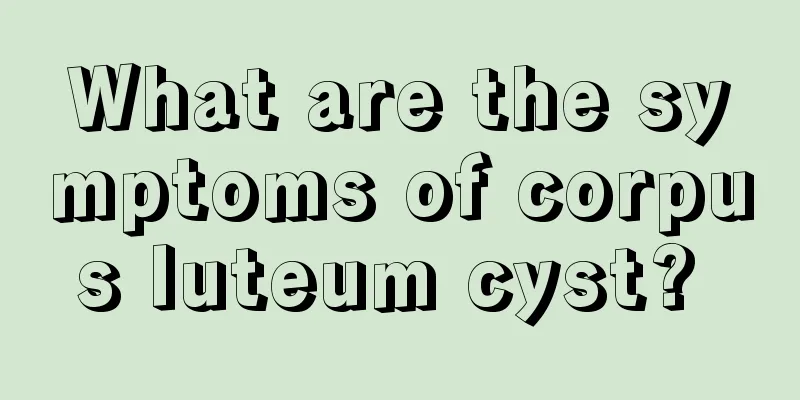Symptoms still exist after non-gonorrhea is cured

|
Most people are very afraid of gonorrhea because it is highly contagious. Especially for men and women who have frequent sexual intercourse, they must rule out the possibility that the other person has gonorrhea. However, there is a disease called non-gonococcal urethritis. Because its symptoms are somewhat similar to gonorrhea, many people cannot distinguish their own disease status. But after non-gonococcal urethritis is cured, the symptoms still exist. What's going on? How do you know that non-gonococcal urethritis has been cured? Non-gonorrhea cure standard: 1. Clinical symptoms disappear for more than 1 week, there is no urethral secretion, or the white and red blood cells in the secretion are ≤ 4/100x microscope. 2. Urine is clear and sediment is negative under microscopic examination. 3. Chlamydia and mycoplasma tests in urethral (cervical) specimens were negative. Recheck 7 to 10 days after stopping the medication. If the result is negative, do it again after 1 month. If it is still negative, do it again after 3 months. If both results are negative, it is generally considered to be cured. Another issue that should be noted is the issue of sexual partners. If the patient's sexual partner is positive, both of them should be treated at the same time. If the other party is not positive, they should be checked again after one or two months, which will be safer. Why do some people still have symptoms after non-gonococcal urethritis is cured? More than 80% of patients with mycoplasma infection can be completely cured, but some patients still have some discomfort symptoms after being cured. What is the reason? From a clinician's perspective, clinical cure means that most symptoms disappear and pathogens are eliminated. But from the patient's perspective, they always wonder: Why is it different from before? I always feel uncomfortable in this way or that way. Is it because I haven't been cured? Due to the damage caused by mycoplasma, men develop orchitis and epididymitis, and women develop adnexitis and fallopian tube blockage, etc. The damage caused is quite serious. Even after the mycoplasma is cured, these uncomfortable symptoms still exist, which means that the patient believes that he has not been completely cured, so there is a problem in understanding the treatment results. In fact, although the pathogens have been eliminated and most of the tissue damage has been alleviated through treatment, complete recovery is sometimes not achievable. For example, blockage of the fallopian tubes can be treated by recanalization. Even if the fallopian tubes are unobstructed after treatment, it is impossible to restore them to their original functional state because the damage has already been done. Therefore, there is some difference between what patients understand as cure and what is medically cured. |
<<: How to make braised pork and potatoes
>>: Symptoms of saliva allergy
Recommend
What are the treatments for toothache
Toothache is a common oral disease and is also qu...
What does erythromycin ethylsuccinate granules treat?
There are many types of modern diseases, but ther...
Can alum be eaten?
Alum is a product that seems to have no effect, b...
What are the five most feared signs of lung cancer metastasis?
What are the five most feared signs of lung cance...
How long can you live after skin cancer is cured
With the rapid development of medical technology,...
Is ankle bone cancer hereditary?
Is ankle bone cancer hereditary? Bone cancer is t...
Can alcohol remove formaldehyde?
In daily life, when a new house is just renovated...
Is there any relationship between anal prolapse and hemorrhoids?
Anal prolapse is a problem that many people often...
How to make honey tomato juice mask
Nowadays, technology is developing rapidly, and v...
How to store yellow peaches, how to preserve fresh yellow peaches
The fresher the fruit, the more delicious it is a...
Early symptoms of breast cancer There are 7 common symptoms of breast cancer
Breast cancer is a malignant tumor that occurs in...
Describe in detail a range of symptoms in patients with pancreatic cancer
In recent years, many people may suffer from panc...
What kind of underwear is suitable for people with small breasts
Underwear is women's close-fitting clothing a...
Preoperative care methods for teratoma
Preoperative care methods for teratoma. There are...
How to diagnose gastric cancer? Pay attention to these points
Gastric cancer is a very serious disease and is v...









